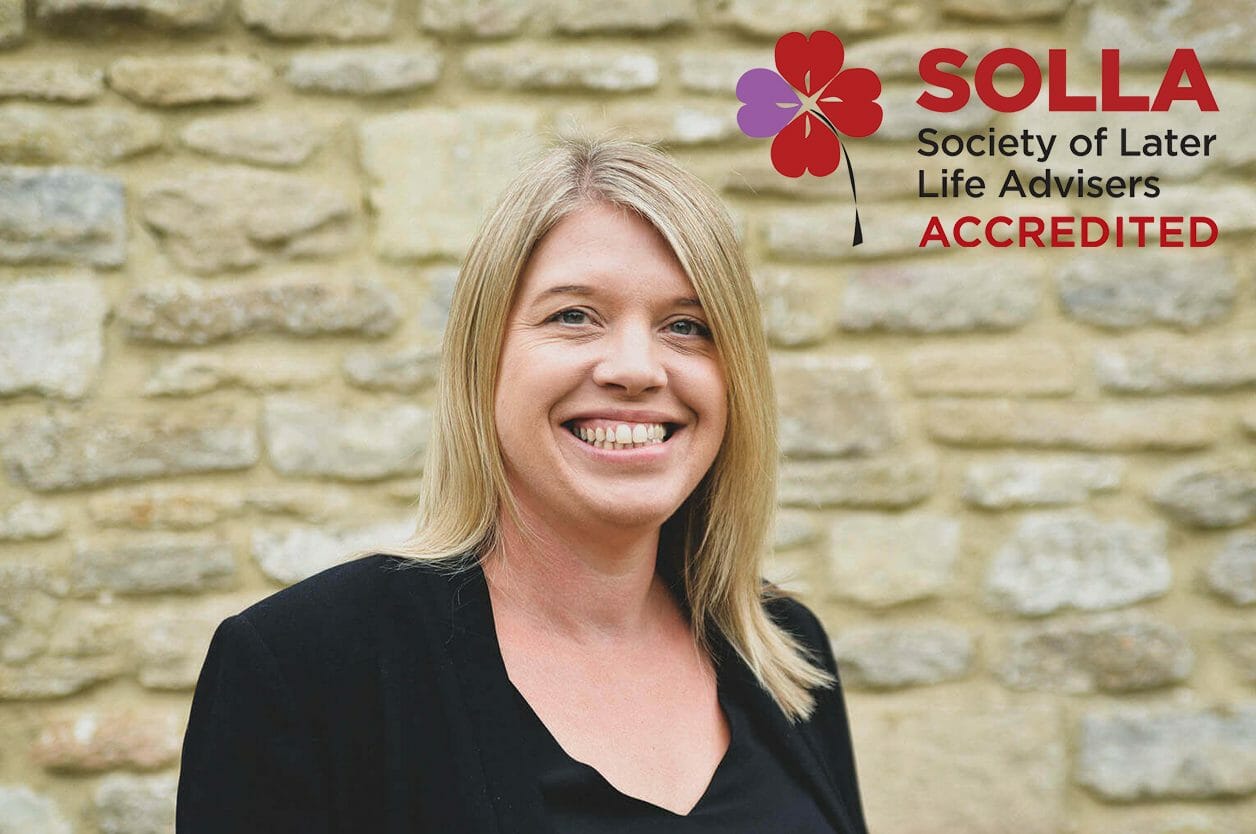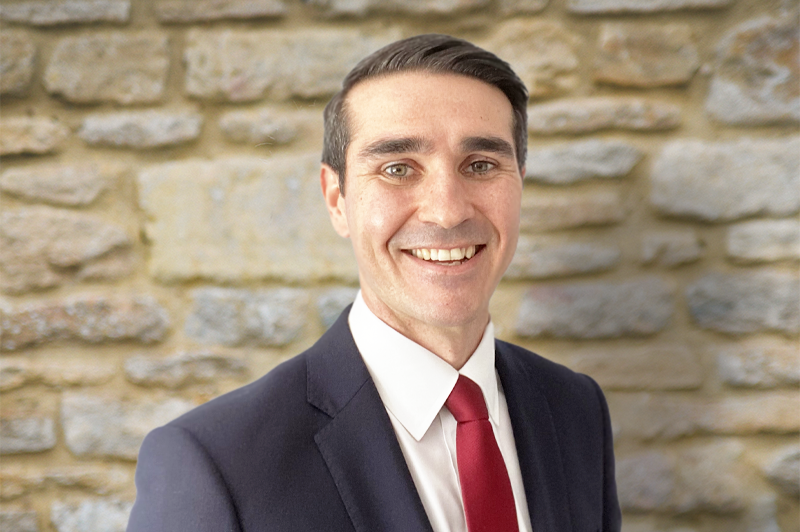Like many worst-case scenarios, ‘What would happen when I am unable to work?’ tends not to be something we like to dwell on, and so is often overlooked… until it is too late. When you are in that situation you are most likely to have other issues to deal with such as a serious illness, and so not having an income could further add to your distress at this time. Therefore, whether you are employed, self-employed or a combination of both, this is something we all should have a plan in place for.
The Rising Costs of Living
The cost of living in the UK varies widely depending on which country you are living in (England, Scotland, Wales, or Northern Ireland), whether you live in London or another major city, whether you are a student, and your lifestyle in general.
The average cost of living in the UK was around £900 a month in 2021, without rent. When the average accommodation cost per month is factored into the living costs, that number rose to just under £2000 (factoring an average cost of £870 in rent).
The cost of living crisis has been furthered in April this year, as National Insurance contributions rise by 1.25 percentage points, just as inflation, energy and water bills continue to soar.
So, how do you ensure these basic bills are still covered when you are no longer able to work?
Statutory Sick Pay
Firstly, you may be eligible for Statutory sick pay (SSP) which is paid on the fourth day of you being unable to work due to ill health.
To qualify for Statutory Sick Pay (SSP) you must:
- be classed as an employee and have done some work for your employer
- earn an average of at least £120 per week
- have been ill or self-isolating for at least 4 days in a row (including non-working days)*
If eligible, you would get £96.35 per week for up to 28 weeks, and would be paid by your employer instead of your normal wages. When the 28 week period ends, you may be eligible for Universal Credit or Employment and Support Allowance.*
Employee Benefits
Your employer may offer you a benefits package, which could include some form of protection in the event of not being able to work. This could include company sick pay, where the employer will pay your full salary, or a percentage of your salary, for a set period while you are ill.
You may also have a Group Income Protection policy in place which will pay you a percentage of your salary for a longer period if you cannot work due to ill health. You should familiarise yourself with your employee benefits package, if you have one, to ensure you have sufficient cover.
How to Prepare for the Worst
If you are not covered by your employer, you may wish to look at other options to ensure you still have an income should the worst happen. For example, Critical Illness Insurance pays a lump sum on diagnosis of a specified critical illness, and Income Protection Insurance pays you a regular income if you cannot work due to sickness
or disability and continues until you return to paid work or you retire.
By putting Income Protection in place while you are in good health, you can ensure that if you are unable to work for a long period of time due to ill health you will still have a percentage of your income paid into your bank account each month. This means you will know exactly how much you will have to cover your bills in comparison to relying solely on state benefits, which you may or may not be entitled to.
You should be aware, the amount of income you are allowed to claim will not replace the exact amount of money you were earning before you had to stop working, as some of the funds will be taken off for the state benefits you can claim, and also the income you get from the policy is tax free.
It is also worth noting that you cannot claim income protection payments straight away if you fall ill or become disabled. You usually must wait a minimum of four weeks, but payments can take up to two years to be paid following the date you stopped working. This is due to the fact that you may not need the money straight away, as you may get sick pay from your employer or you may be able to claim statutory sick pay for up to 28 weeks after you stop work.
The key to ensuring you are applying for the right kind of cover with the correct level of benefits for your circumstances, is to seek advice from an Independent Financial Adviser. They will review your personal circumstances, including any existing benefits, assets, or pre-existing health conditions, and then review the products and providers in the market to offer the right cover for you.
Peace of Mind
The ultimate objective would be that, in the event of ill health, you do not have financial concerns to add to the list of other problems you are experiencing due to your illness. Your bills can be paid, your family are not financially disadvantaged, and you can concentrate on getting well again, in your own time.
If you wish to speak to one of our highly experienced Independent Financial Advisers regarding Income Protection or any other financial plans for the future, call us today on 0117 450 1300.
*Figures as of March 2022






